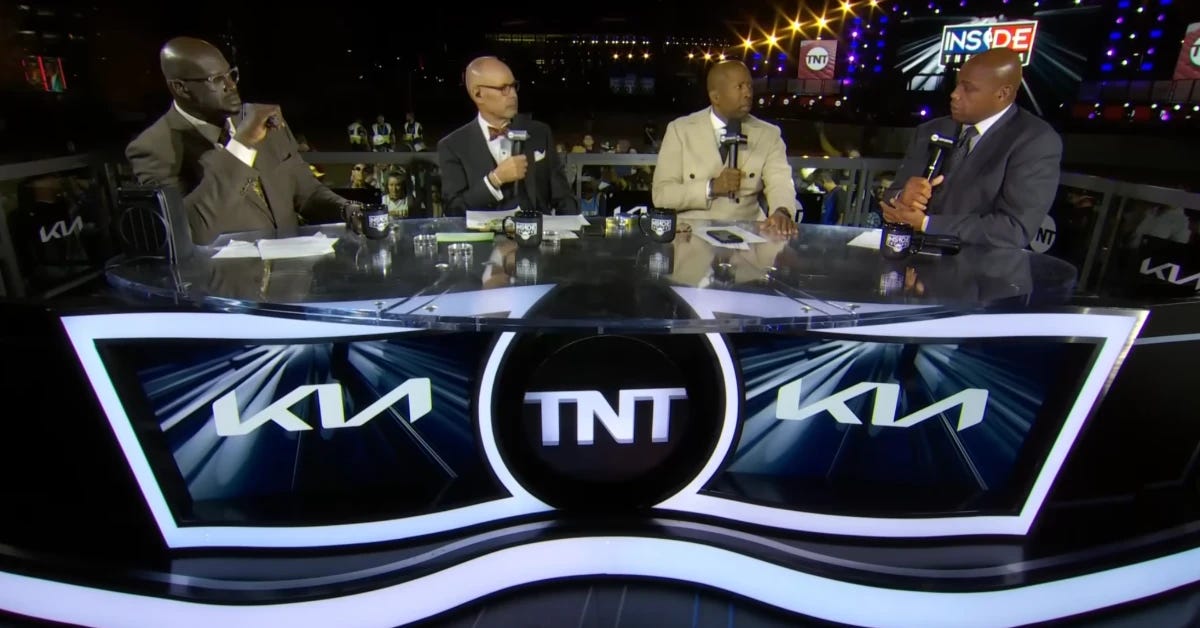Who gets TNT Sports when Warner Bros Discovery splits?
WBD has invested heavily in acquiring rights to athletic competitions for TNT Sports, but a business split is raising questions about its long-term sports strategy.
For months, rumors have swirled that executives at Warner Bros Discovery (WBD) were considering a split of its cable networks business from its more-lucrative studios and streaming units.
On Monday, the company affirmed it will do just that, ending speculation about its long-term business plans, but raising questions about specific assets, including spor…



